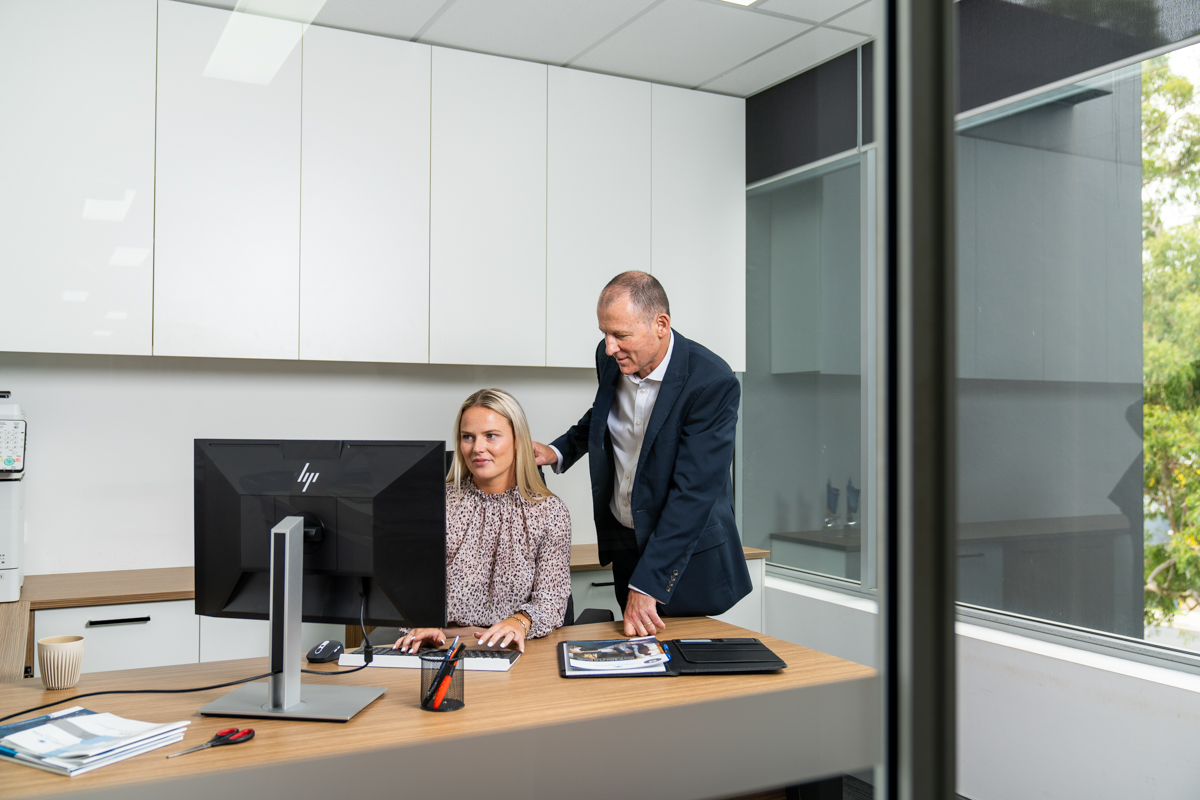Mark Bouris reveals common traits of struggling firms
With his TV series The Mentor now wrapped up, multimillionaire businessman Mark Bouris has shared some insights into the factors shared by all of the struggling businesses he sought to turn around.
Mr Bouris revealed that The Mentor received 3,500 applications from businesses across Australia, in just two weeks. The purpose of the show, he said, was to scale the questions that everyone in business should be asking themselves, particularly when times get tough. Those questions include some of the following:
Is help really available?
“I guess the first part of all this is about letting [business] people know that there are people out there who want to help … the deal is you’ve got to find someone who suits you,” Mr Bouris said.
Having said that, Mr Bouris suggested “there was no such thing” as a mentor when he started out in business. Instead, he said he proactively sought to work with people who both inspired and challenged him.
“These days [mentorship] is more of a concept and it’s more of an acceptable practice,” he said.
“When I started out, you never asked for help from anybody for anything — especially men. You don’t say you have a weakness.
“Today, the world has evolved. It’s not a weakness, it’s just asking for someone to share something they have learned. We live in a sharing world now.”
What am I doing wrong?
According to Mr Bouris, the common issues he saw among the businesses he worked with on the show and others he has seen more widely, particularly among family businesses, result from a failure to act as businesspeople and implement business-minded ways of working. These problems, he said, include:
- A lack of structure
- A lack of business systems and processes
- Not holding regular planning and strategy meetings
- Failing to keep proper records
- Being underinsured
The risk of such problems is miscommunication, a susceptibility to risks and an inability to raise funds from investors or lenders.
“I think people go into business because they think it’s a lifestyle that they’re going to achieve, or they were a good mechanic or a good skilled tradesperson [for example] and they just think that they’ll be good in business doing that. But there’s a difference between being a good plumber and being in the business of plumbing… they’re two different things.
“So that’s the issue: they don’t know the difference. It’s subtle, but massive [in its implications].”
Where is the line between seeking help and calling it quits?
When business leaders hit rock bottom, the gruelling choice arises of whether to implement drastic change to turnaround the business and its fortunes — usually with the help of additional funding — or to call it quits.
For Mr Bouris, this is a decision that is best made not by the business owners themselves, but in conjunction with an external view of the situation.
“I think you do need someone — a coach, a mentor, an adviser, whatever you want to call it — but you do need someone to give you an external view,” he said.
“I really do think it’s nearly impossible for someone — unless they’re bankrupt, that’s different — but if they’re struggling, you need to have another set of eyes on it.
“Because when you’re in a struggle, you’re working in it, not working on it: you’re just putting out bushfires all day long, and you need someone to come in who has got no emotion about it, hasn’t got their arse on the line and can actually give you a high quality, independent, distant view.”
However, such advice is designed not to give the answers to the problems, but to flag the questions the business owner should be asking of themselves and their business, Mr Bouris said.
“You’ll come to the conclusion yourself,” he said.
What is the best piece of advice a business owner can receive?
Mr Bouris doesn’t waste time when it comes to offering the most crucial piece of advice he has ever come across in business.
“Know what your business purpose is,” he said emphatically.
“If you’re baking bread, you’re not [just] baking bread: you’re baking, nurturing and nourishment. If you’re selling coffee, you’re not selling coffee: you’re selling warmth and comfort and whatever else is associated with drinking a cup of coffee first thing in the morning. If you’re selling mobile phones, you’re not selling a little black box: you’re selling people’s social life and their ability to connect with communities, which is fundamentally important for us. If you’re selling a home loan, you’re providing to people the ability to fulfil their hopes and dreams.
“So know the purpose of the business you’re in: what is the purpose that people are coming to you for, not what you think you’re providing — that is irrelevant. What is the basic fundamental emotion that you are satisfying?”
What lessons has Mr Bouris himself learned the hard way?
Given the advice he imparted on other business leaders, and having noted that “making mistakes are part of the experience. But the mistakes I made are part of my fabric, so I’m not sure I’d change them.”
Those key mistakes, Mr Bouris said, are ones that are no doubt familiar to virtually everyone starting out in business.
“Spending before I earn, and giving up day jobs and cash flow to chase your dream,” he said.
“You’ve got to try and match your spending with your earning if you’re in a new venture.”

















